#promachus
Text

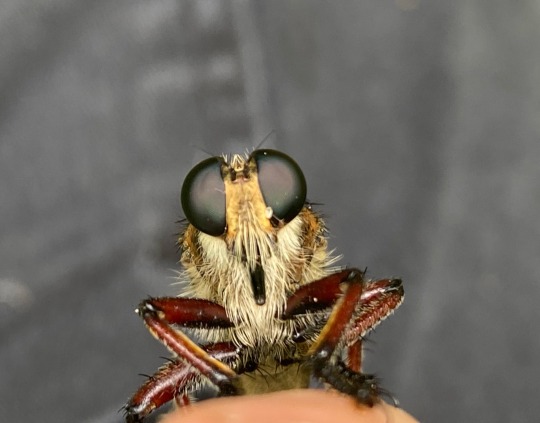


I love robberflies more than anything, check this gorgeous girl out. I’m still amazed about this interaction
70 notes
·
View notes
Text

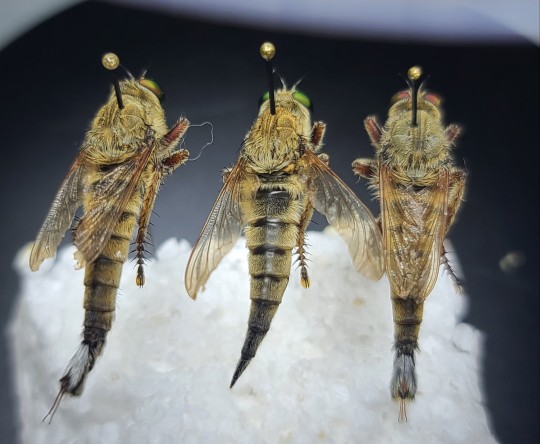
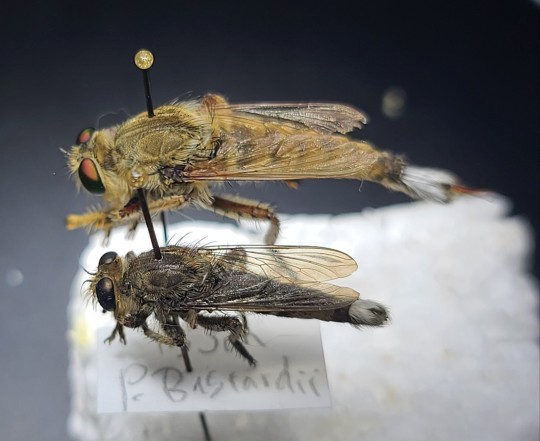
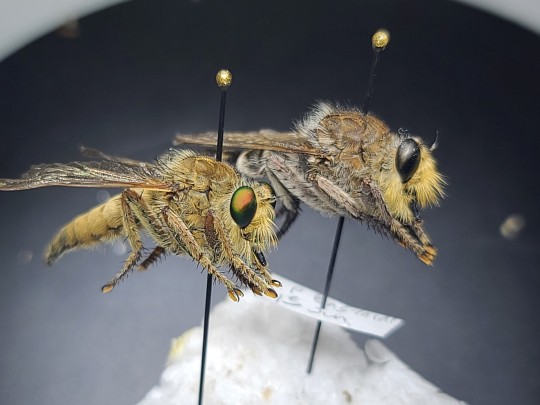
Promachus fitchii (all three specimens in the top row) is reportedly rare east of the Missisipi. Good thing I'm not over there, I see these guys all the time. The promachids I encounter tend to be locally abundant in a given area, almost all of the ones inside my town are P. bastardii, and further out into the country I see more P. fitchii. Who knows if that's anything more than just chance.
These two species both have males with white tufts of setae on the end of their abdomens, but as you can see from the second pair of images P. fitchii is more a golden shade of brown, and has a red-green iridescence to its eyes.
#asilidae#promachus#diptera#entomology#i have all 4 species of promachus im likely to encounter now#will eventually make a post of that but dont have the photos#2022
71 notes
·
View notes
Text
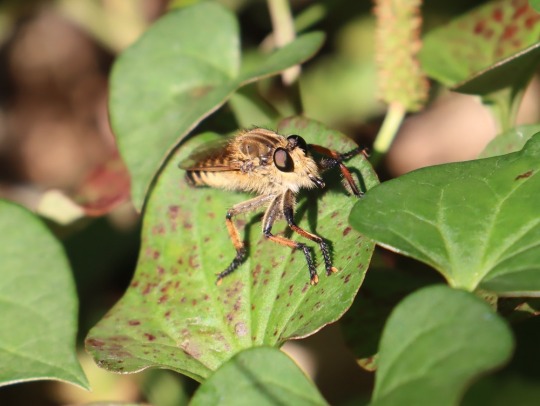
シオヤアブってサングラスかけたヒゲおやじに似てるな……いや、擬人化はやめよう……(7月17日)
#Promachus yesonicus#shioya-abu#Asilidae#robber fly#assassin fly#Łowikowate#insects#owady#japan#ogródek
9 notes
·
View notes
Text


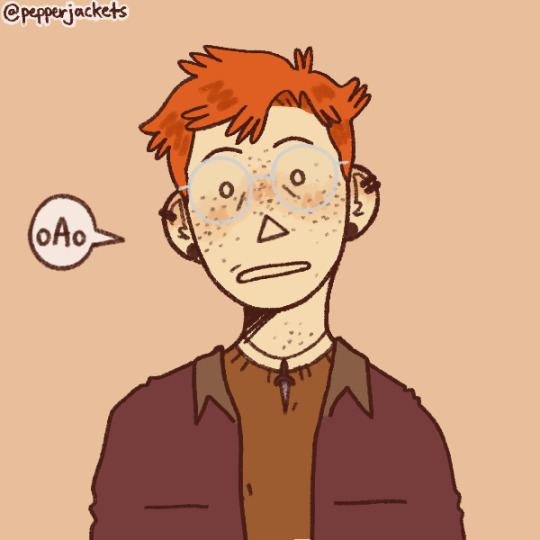
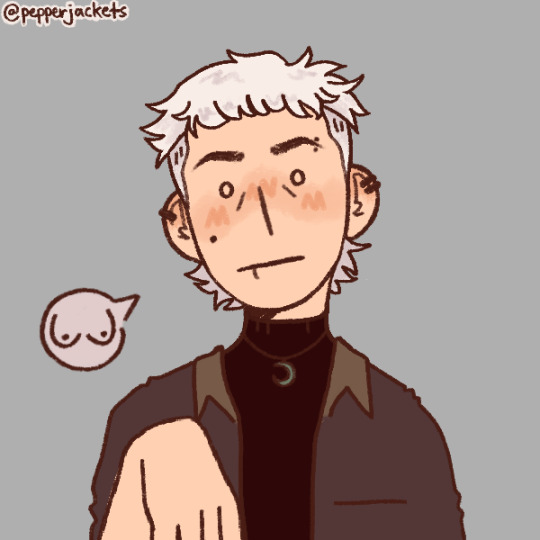

i copied @crookedheart
have some... some guys... they're a little stressed but they've got the spirit
(pictured in order of creation): alistair, floyd, fyfe, sterling and mos.
3 notes
·
View notes
Text
greek god epithets (pt.2)
this post includes hades, persephone, aphrodite, hermes, apollo, artemis, dionysus, and hekate. for part one including zeus, hera, demeter, ares, athena, poseidon and hephaestus click here
HADES:
-PLOUTON= of wealth
-THEON CHTHONIUS= god of the underworld
-POLYSEMANTOR= ruler of many
-POLYDEGMON/POLYXENUS= host of many
-NECRODEGMON= receiver of the dead
-NECRON SOTER= savior of the dead
-ADESIUS= of grace
-STYGIUS= from the Styx
-URAGUS= of fire
-NIGER DEUS= the black god
PERSEPHONE:
APHRODITE:
-CHTHONIA= of the earth
-CARPOPHORUS= bringer of fruit
-SOTEIRA= the savior
-MEGALA THEA= the great Goddess
-HAGNE= the pure/holy one
-DAEIRA= the knowing one
-PRAXIDICE= the exacter of justice
-PROTOGONE= the first born
-BRIMO= the dreaded/vengeful
HERMES:
-URANIA= of heavenly/divine love
-PANDEMOS= common to all people
-MACHANITIS= the diviser/contriver
-EPISTROPHIA= she who turns to love
-CALASCOPIA= the spying/all seeing
-PSITHYRISTES= the whispering
-PRAXIS= of sexual action
-MELAENIS= the black
-SYMMACHIA= the ally in love
-APATURUS= the deceptive one
-NYMPHIA= the bridal
-MIGONTIS= of unions
-DORITIS= the bountiful
-MORPHO= of shapely form
-AMBOLOGERA= the postponer of old age
-NICEPHORUS= the bringer of victory
-HOPLISMENA= the armed
-EUPLOEA= of fair voyages
-PONTIA= of the sea
-LIMENIA= of the harbor
-XENIA= of hospitality to foreigners
-PHILOMIDES= the laughter loving
-APHROGENEIA/APHROGENES= the foam born
-PHILOMMEDES= the genital loving
-CHRYSEA= the golden
-DIA= the golden/shining
-POTHON MATER= the mother of desire
-EUSTEPHANUS= the richly crowned/the well girdled
-EN KIPIS= of vegetation/agricultural fertility
APOLLO:
-EPIMELIUS= keeper of the flocks
-OEOPOLUS= the shepherd
-AGORAEUS= of the market place
-DOIUS= of crafts/wiles
-ENAGONIUS= of the games
-PROMACHUS= the champion
-HERMENEUTES= the interpreter/translator (of the gods)
-TRICEPHALUS= the three headed
-DIACTORUS= the guide/messenger
-ATHANATUS DIACTORUS= the immortal guide
-ANGELUS MACARON/ANGELUS ATHANATON= messenger of the divine
-CHRYSORRHAPIS= of the golden wand
-CLEPSIPHRON= the deceiver
-MECHANIOTES= the trickster/contriver
-PHELETES= the thief/robber/rustler
-ARCHUS PHELETEON= leader of robbers/thieves
-POECILOMETES/POLYTROPUS= the wily
-DAIS HETAERUS= comrade of the feast
-CHARIDOTES= giver of joy
-CHARMOPHRON= the glad-hearted
-DOTOR EAON= giver of good things
-ACACETA= the guileless/gracious
-EUSCOPUS= the keen sighted/watchful
-CYDIMUS/ERICYDES/AGLAUS= the glorious/famous/splendid
-CRATUS/CRATERUS= the strong/mighty
-POMPAEUS= the guide
ARTEMIS:
-THEARIUS= of the oracle
-PROUPSIUS= the foreseeing
-CLERIUS= of distribution by lot
-CLEDONES= of omens
-HECATUS= the shooter from afar/the archer
-AGRAEUS= of the hunt/the hunter
-MUSAGETES= the leader of the Muses
-ULIUS= of good health
-PAEON= the healer
-ACESIUS= of healing
-ALEXICACUS= averter of evil/harm
-EPICURIUS= the succoring/helping
-BOEDROMIUS= the rescuer
-LYCIUS= of the wolves
-SMINTHEUS= of the mice
-DELPHINIUS= of the dolphin
-ACTIUS= of the foreshore
-THEOXENIUS= the god of foreigners
-ARGYEUS= of streets/public places/entrances to homes
-VIROTUTIS= the benefactor of humanity
DIONYSUS:
-AGROTERA= of the hunt
-PHERAEA= of the beasts
-ELAPHAEA= of the deer
-DAPHNAEA= of the laurel tree
-CEDREATIS= of the cedar tree
-CARYAE/CARYATIS= of the walnut tree
-LIMNAEA/LIMNATUS= of the lake
-HELEIA= of the marshes
-EURYNOME= of broad pastures
-LYCAEA= of the wolves
-LEUCOPHRYNE= of the white (bird)
-PAEDOTROPHUS= the nurse of children
-PHILOEIRAX= the friend of young girls
-ORSILOCHIA= the helper of childbirth
-SELASPHORUS/PHOSPHORUS= the light bringer
-SOLEIRA= the saviour
-HEMERASIA= she who soothes
-HYMNIA= of the hymns
-HEGEMORE= the leader of dances/choir
-ARISTE= the best/the excellent
-EUCLEIA= of good repute
-CALLISTE= the very beautiful
-BASILEIS= the princess
-HIEREIA= the priestess
-HEURIPPA= the horse finder
-PEITHO= the persuasive
-PYRONIA= of the fire
HEKATE:
-BROMIUS= the noisy/boisterous
-MAENOLES= the mad/raging
-NYCTELIUS= of the night
-LAMPTERUS= of the torches
-HESTIUS= of the feast
-PHALLEN= the phallic
-ANDROGYNUS= the androgynous (of sexuality, he bed all genders)
-PHLEON= the luxuriant
-STAPHYLITES= of the grape
-OMPHACITES= of the unripe grape
-LENAEUS= of the wine press
-THEOENUS= the god of wine
-AGATHUS DAEMON= the good spirit (as in a ghost, not a drink)
-OENOPS= the wine-dark
-ACRATOPHORUS= the bringer of mixed wine
-CISSEUS= of the ivy
-CITIOPHORUS= the ivy bearer
-ANTHION= of the flowers
-CISTOPHORUS= the basket bearer
-DIMETOR= twice born
-IRAPHIOTES= the goat child
-AEGOBOLUS= the goat slayer
-MELANAEGIS= of the black goat-skin
-ANTHROPORRAESTUS= the man slayer
-LYSIUS= of release
-ELEUTHEREUS= of liberation/freedom
-PSILAX= uplifted on wings
-SAOTES/SOTERIUS= the savior
-AESYMNETES= the dictator
-POLITES= the citizen
-MYSTES= of mysteries
-CHTHONIUS= of the earth
-MELPOMENUS= the singer/of the tragic plays
-BRIMO= the dreaded/the vengeful
-CHTHONIA= of the earth
-DESPOINA= the goddess/our lady
-ENODIA= of the crossroads
-AENAOS= the eternal/the ever loving
-AGLAOS= the beautiful/the bright
-APOTROPAIA= the one that protects
-EROTOTOKOS= the bringer of love
-INDALIMOS= the beautiful
-KLEIDOUCHOS= the keeper of the keys of Hades
-KOUROTRPHOS= the nurse of children
-PHOSPHOROUS/LAMPADEPHOROUS= the bringer/bearer of light
-SOTERIA= the savior
-TRIMORPHE- the three formed
-TRIODIA/TRIODITIS= she who frequents crossroads
#pagan#paganism#polytheist#witchblr#witchcraft#polytheism#witch#magic#magick#ancient greece#hellenic pagan#hellenic polytheism#hellenic polythiest#hellenic deities#hellenic gods#hellenism#hellenic paganism
1K notes
·
View notes
Text

1 note
·
View note
Text
To understand why, among the iconic representations of Athene, the warrior-type predominates, we must recognize how her martial aspect relates to her civilizing function. It derives from her original commitment to the royal citadel and then to the polis and, consequently, to their defense. Athene Promachus is a protectress, the helper in battle, the instructor in the art of war, not a battle-lusty aggressor. A beautiful relief of her leaning on her spear, her head drooping, pervaded with sorrow, introduces us to a very different Athene: the warrior goddess herself touched by defeat and loss. Farnell believes she is mourning some terrible national disaster and the deaths of all those who were killed.
When focusing on Athene's pathology we may see her as too much the defender, too well defended, but her transmutation of Ares' unrestrained aggressiveness into disciplined assertiveness is an important component of the process by which one brings creative insight to artistic expression. Virginia Woolf expresses her experience of the violence inherent in creation thus:
Sometimes I am out of touch; but go on; then again I feel that I have at last, by violent measures—like breaking through gorse—set my hands on something central. [quoting Virginia Woolf cited in Olson, Silences; emphasis Downing’s]
Athene's patronage of the arts also derives from her original character as goddess of the household and thus of household crafts. Although the source of Athene's name remains a mystery, it may well derive from words connected to pottery; in any case, she is reputed to have made the first earthenware pot. She is also, in both senses, a "spinster" goddess, closely associated with the feminine arts of spinning and weaving. Homer refers to “the elaborate dress which she herself had wrought with her hands’ patience." She invented the trumpet and the flute (though, because blowing it made her ugly, she quickly tossed it aside in disgust). According to Graves, she also invented the plough, the rake, the ox-yoke, the horse bridle, the chariot, and the ship.
Her role as goddess of art and artisan naturally brings her into association with the master artisan among the gods, Hephaistos. Her cult seems to have existed at Athens before his, yet Athens was his only major cult site; probably he was important there because, as Athene was more and more seen as the great city goddess, he seemed more directly available than she to the local craftsmen. The ritual connections between them are so extensive that Cook concludes that Athene and Hephaistos were originally the local Rhea and Kronos. Athene's relation to Hephaistos antedates hers to Zeus. One myth has it that Hera conceived Hephaistos parthenogenetically in revenge against Zeus's parthenogenetic creation of Athene; another, that Hephaistos served as midwife at Athene's birth. It is he who releases Athene from the head of Zeus, from being contained by the masculine.
As Athene's relation to war differs from that of Ares, so her relation to artistic creativity differs from that of Hephaistos. That Athene and Hephaistos work together seems a more essential aspect of her creativity than of his. He generally does his work in private and then brings the finished marvels into the world of others. She is more extroverted, more able to combine creativity and human involvement. Athene's art is the art made within and for the human community; in her realm the distinction between the fine and practical arts fades away. It is art that issues from work, from discipline and training rather than from untutored, unfettered inspiration. She "finds place and gives image to the driving necessities"; she offers the Erinyes a cave where they may reside and be honored. Hephaistos is only artist, whereas Athene is warrior as well. He is a crippled artist, and so represents the creativity that issues from woundedness. Proudly striding Athene is not crippled, unless that is her crippledness.
From the perspective of the underworld, the ever-conquering Athene may seem fatally flawed. But this image of Athene as invulnerable is radically inadequate. To know Athene deeply is to see beyond the Athene that Rose describes as “one about whom few if any unworthy tales are told.” Remembering her treatment of Arachne should liberate us from accepting the image of her as cold and passionless, always reasonable and fair. She strikes Tiresias blind. Cecrops's daughters go mad and kill themselves after they disobey her command not to peek into the infant Erichthonios’s basket. She hounded the “lesser” Ajax to his death after he raped Cassandra at her shrine and gave Medusa her hideous petrifying face because she had yielded to Poseidon in a sanctuary dedicated to Athene. Athene is after all sister to Dionysos, Zeus's other parthenogenetic child, the god of madness and ecstasy, the male divinity most closely associated with the underworld. (One story has it that it was she who interrupted the Titans' banquet when they were feasting on Dionysos' dismembered body and rescued the heart and brought it back to Zeus.) Athene's bond to other divinities associated with the underworld is also closer than we usually recognize. The many ancient vases and coins representing a helmeted Athene holding a pomegranate suggest a connection to Persephone. A sculpture representing Demeter and Persephone greeted by Athene refers to that part of the Eleusinian ritual in which the priestess of Athene at the Acropolis is informed that the sacred objects have safely arrived at Eleusis. Whereas Hera represents an antagonism to Demeter and her daughter, Athene represents an intimate complementarity. Persephone is involved with the soul's initiation into the underworld, Athene with its emergence into the human world.
There are other signs of Athene's connection to the realm of Soul. As a Mycenean household goddess she seems to have been close cousin to the Minoan snake goddess. (This connection may explain why, to facilitate Achene's birth, Hephaistos is represented as cleaving Zeus’s head with a double-edged axe, a fool peculiar to Minoan culture.) Even in the time of Herodotus, Athene was closely identified with the guardian snake believed to lie in the Acropolis. Just before Salamis the shake deserted the sanctuary; the Athenians felt the goddess had abandoned it, too. A vase painting representing the judgment of Paris shows an indignant Athene accompanied by a snake equal to the goddess in height and majesty. "The artist seems dimly conscious that the snake is somehow the double of Athene.” The child Erichthonios is guarded by a pair of snakes in the closed basket in which he is kept during infancy. Even in Pheidias's superb statue sculpted in the age of Pericles she is represented with a snake at her side, a scaly aegis on her breast, and snakes around her waist. Cook connects these snakes to Athene's role as rock mother. Their salient characteristic in respect to this goddess is their emerging from the rocky surface of the Acropolis and then again disappearing. He speaks explicitly of these snakes as representing soul emerging from the underworld.
Martin Heidegger helps us relate this theme of emergence from the rock to the particular understanding of the nature of the work of art represented by Athene. Heidegger speaks of the Greek temple rising from the rock (as the Parthenon rises from the Acropolis) as representing the "erection of a world" which occurs simultaneously with a "bringing forward of the earth" in which earth "becomes apparent as: undisclosable.” Heidegger's earth and world parallel what I have been calling soul and its outward expression in artistic realization. Under the aegis of Athene, art expresses its emergence from soul, from earth, and its dependence on its source.
-From The Goddess: Mythological Images of the Feminine by Jungian analyst Christine Downing
8 notes
·
View notes
Text

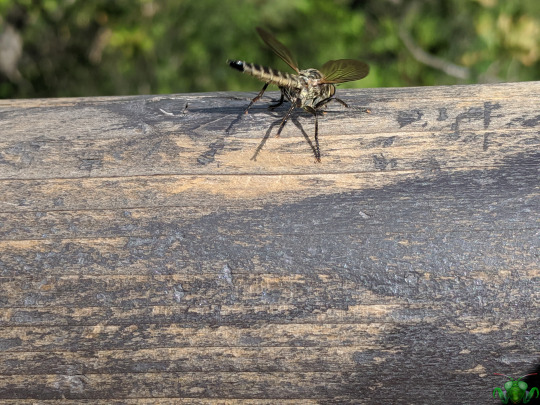
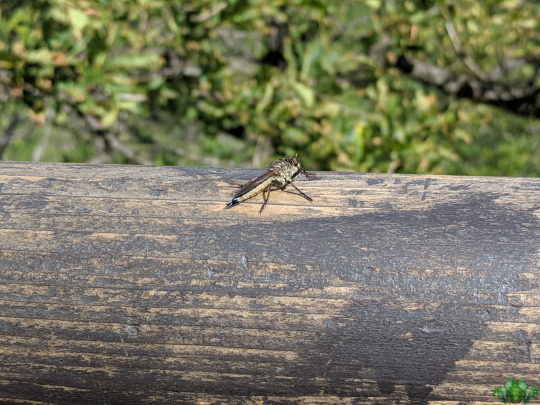
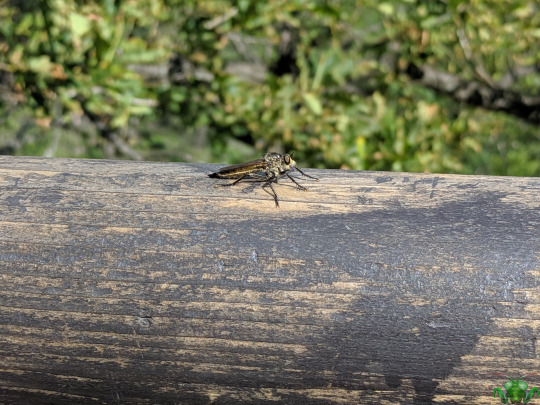
Grasshopper Robber Fly - Philodicus sp. (?)
While researching the identity of this insect, the genus Promachus kept popping up as a topic of interest. That genus is fairly popular due to the presence of giant species among Robber Flies. Some of the examples observed (found in Asia) were similar in appearance to this specimen, but not a perfect match. Furthermore, it's hard to judge the scale of this insect, so it may not be so large that it is considered a giant. This large, predaceous insect is likely very formidable if its size is any indication! As impressive as it is, to be perfectly honest I can't declare with certainly the branch within Asilidae (Robber Flies) that this hunter sits on. Looking into other genera for more clues, Philodicus was found and I've settled on it (for now). Compared to Promachus, there is a much closer similarity between the images here sent to me by SaraLi and other specimens observed in the wild and subsequently photographed (including a large collection on iNaturalist). I've kept my attention towards the wings and patterns along the back of the thorax and entirety of the abdomen.
On the assumption that is a Philodicus Fly, a part of its diet seems to be revealed by its common name: Grasshoppers! No easy feat to catch one since Grasshoppers tend to blend into their environment, only to explosively launch and fly away from danger. Recall as well how Robber Flies hunt: lie in wait, ready to ambush prey mid-flight, grapple them and finish them with their sharp proboscis. If this genus does hunt Orthopterans, it will need to rely heavily on its eyesight and any sensory hairs/spines lining its body in order to locate one! Hunting them may be an ultimate waiting game, but a successful catch should provide ample nutrition for a patient Assassin Fly. Perhaps it would have better luck catching a juvenile (wingless) Grasshopper on the descent to the ground for higher vegetation? Of course, if the collections of photographs I've seen are any indication, Philodicus Flies are content with catching small prey if there is need or the opportunity arises, including other smaller Flies.
Pictures were taken on July 8, 2019 in South Korea with a Google Pixel. If anyone can help me clarify the identity of this insect, please let me know. Until then, this insect will be tagged as 'unidentified'.
#jonny’s insect catalogue#insect#fly#grasshopper robber fly#philodicus sp#philodicus robber fly#robber fly#diptera#south korea#korea#asia insect#july2019#2019#nature#entomology#unidentified#invertebrates
6 notes
·
View notes
Text
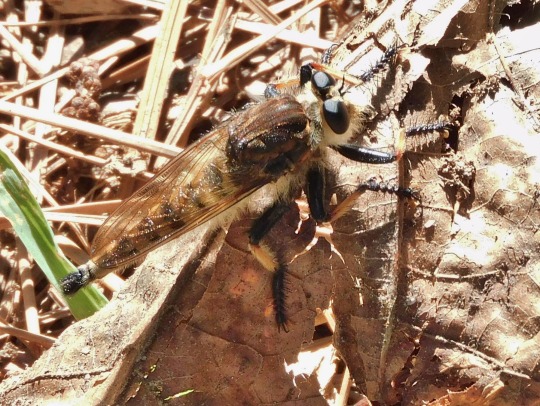
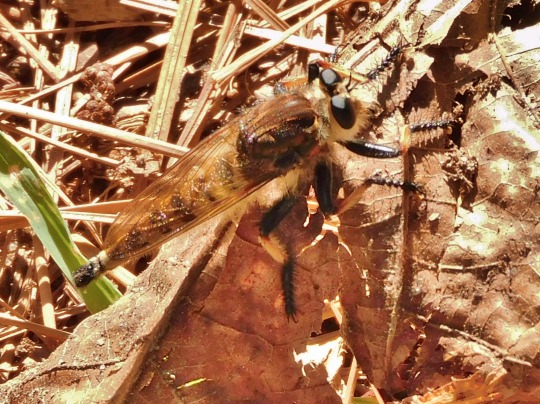
A Giant Robberfly likely (Promachus rufipes) also known as the red-footed cannibalfly or bee panther... They are stone killers.
#nature#my photography#robber fly#backyard nature#nature photography#insects#flies#wildlife photography#big bug#backyard wildlife
2 notes
·
View notes
Text
Character Intro: Jason (Kingdom of Ichor)



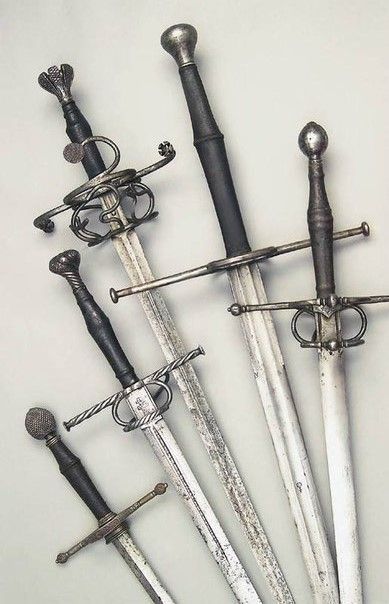


Age- 18
Location- Shimmering Tail Island, Olympius
Personality- Jason is a tenacious, stubborn, & determined young man- a natural born leader. He's also extremely charismatic and can be a bit full of himself. He likens himself to an underdog as opposed to the traditional hero trope. He's currently single & is in a whirlwind, dealing with newfound attention and fame.
Jason is the second child to his parents (who already had an adult son) Aeson & Alcimede. Aeson was the Lord of Iolcos. Their oldest son was named Promachus. Jason's entry into the world came as a welcome surprise to his parents considering they were both in their early fifties when Alcimede became pregnant again. He didn't have an easy start to life, being born into a storm of family turmoil. His paternal half uncle Pelias wanted to become the new Lord & did everything he could to take the title away from his brother. After seeing an oracle, he decided to put his deadly quest for power into motion.
One night while Alcimede was breastfeeding Jason, a group of armed men wielding guns and swords broke into their mansion. Wanting to defend his family, Aeson grabbed his sword by the bed, telling his wife to remain quiet & hidden. Alcimede realized in horror that her other son was in the basement watching movies. As soon as Aeson opened the bedroom door, the lightning quick succession of gunfire tore through him. Alcimede continued to cry and whimper when she heard the sound of Promachus' voice asking in fear, anger, & confusion, "Who sent you? Why are you doing this to us?" before the sound of clanging metal and gunfire was heard. In her heart, she knew her husband & eldest child was dead. Surprisingly throughout this horrible ordeal, Jason remained quiet, contently suckling on his mother's breast. While the other assassins pillaged through the other rooms, one of them discovered Alcimede and her baby in the tub of the bathroom. This assassin barely looked to be about seventeen- a sweaty trembling mass of skin & bones with brown eyes way too large for his face. He started to raise his sword, but couldn't when he heard Alcimede praying to the gods- asking for mercy on their souls. Taking pity on her, he told her that he didn't have a choice to participate in the murder plot. He also told her to leave at once, stating it was dangerous for her & her son to remain in Iolcos. With her husband's shirt serving as a blanket to swaddle her son & with nothing else but the clothes on her back, the young man aided Alcimede- with leaving the mansion unnoticed.
Pelias gave his award winning performance to the press. He cried on cue in front of the cameras- vowing to find the beasts responsible for tearing his family apart. To give them a punishment that even The Furies would shy away from. He also pleaded & posted a reward for the safe return of his sister-in-law and newborn nephew. It was said that the people in Iolcos came to discover the deaths of their ruler & his eldest son when a group of hunters came across their bullet ridden bodies in the forest, their decapitated heads floating in the nearby river. King Zeus & Queen Hera even visited to offer their condolences. Pelias then became the new Lord of Iolcos.
Alcimede and her son eventually found refuge in the southern part of Thessaly, taken in by a community of centaurs- one of them being the well known & wise centaur, Chiron. He immediately knew who she really was, but promised to keep her true identity confidential.
Growing up, Jason lived in a small cabin house with his mother. He loved eating mush for breakfast (a cornmeal porridge topped with maple syrup). His childhood was fairly normal- except for the instances when his mother would wake up screaming from night terrors. Jason played with the other neighborhood kids, went to school, & started taking archery lessons from Chiron. He and his mom would also partake in the neighborhood potlucks (she'd bring her bison pot roast with hominy & potatoes and fry bread topped with peppers, onion, and venison).
He came to learn the truth about his family when he came to his mother with a school assignment- a family tree project. Jason learned that he had a father & older brother and that they were killed, how he & his mom were spared, and how their uncle now ruled Iolcos.
As Jason grew into a young man, he couldn't stop thinking about the fact that he never got to know his father and brother. Or the fact that his uncle never tried to look for him & his mom- to see if they were ok. When he was sixteen, he was taking some time to himself on a beach when he noticed a distress signal being fired from a small ship. He swam a little to get a better look and saw an elderly woman flailing her arms around. He swam to her & offered his help- to swim her to shore. With the old woman on his back, Jason swam all the way to the beach. The old woman (to show her thanks) gave him a silver drachma coin. She soon transformed into a beautiful young woman with long dark reddish brown hair wearing a flowy dress, holding a golden lotus tipped staff. Queen of the heavens, the gods, & Olympius- Hera! Before disappearing in a peacock colored mist, she left Jason with these words- "Jason of Iolcos. The gods and history are keeping a close eye on you. You're the rightful heir!"
With the Queen's words swirling around in his head, he made a decision. Jason went to his mother and mentor Chiron & told them that he planned to return to Iolcos to solve the mystery behind his father's and brother's demise & to claim what was rightfully his- the Lordship. Alcimede warned him against it , saying that his uncle was a very dangerous man with little to no boundaries. Jason simply replied, "It's my destiny." Before he left, Chiron gave him one of his beloved swords, crafted from adamantine.
When he reached Iolcos (by the means of a grand ship left behind by Hera), Pelias instantly knew that the young man staring at him was his nephew. Outwardly, he never lost his cool. Jason brought forth his claims to the lord's council- with most of them agreeing that it could be a possibility that he's the lost son of Aeson. Pelias (thinking two steps ahead) offered Jason a deal. If he was truly a son of Aeson, he would set out on a seafaring quest to retrieve the golden fleece of Colchis. If he failed, Jason would be banished from Iolcos. If he succeeded, Pelias would renounce his lordship. Without a second thought, Jason accepted the challenge.
And so began the start of The Argonauts. Jason advertised the quest on Fatestagram, looking for anyone with "balls of steel" to help him along his journey. He first came into contact with an apprenticeship builder- a guy named Argus. Soon some more guys followed suit to join (Theseus, Castor, Pollux, Meleager, Hylas, Mopsus, Hercules, & many other eager and courageous young men). They came across some colorful people- like a group of sirens & mermaids that flashed them as they were making their way through Trident's Bay, or when Pollux had a boxing match with a centaur named Amycus, or when they met a weird blind "prophet" named Phineas. Theseus often live streamed their travels to Fatestagram & PanopTube. The guys would get drunk on beer, singing old sailor songs.
He & The Argonauts are also students at Chiron's training academy.
One memorable moment on the quest was when Jason & the guys made a rest stop in Lemnos. The guys were tired of being on sea for a few months (and tired of being around each other). As they were buying supplies, one of the Argos, Telamon, came up to Jason- telling him that a party was being thrown at one of the resorts. It took convincing from the rest of the guys for Jason to tag along. At the party, they all hung loose and drank way too many tequila, vodka, & rum punch. Jason started up a conversation with a beautiful girl with short and curly light blonde hair. He noticed Theseus making out with a brunette. Later that night, Jason & the girl (whose name was Hypsipyle) hooked up with each other.
The Argonauts are currently on a break from their main voyage, resting at an non descript beach house on Shimmering Tail Island (that was bought by Hera). They are all recuperating before they all get back to sailing- their next (and most important) destination being Colchis.
Jason's overwhelmed, but mostly loving the widespread attention he's been getting throughout all this. Not only does he have the support from the Queen (and one of the most powerful goddesses), he's been receiving photos & messages from girls online on his Fatestagram profile. Jason's even been approached by Pheme (goddess of fame) and Clymene (Titan goddess of fame & renown) on possible book & movie deals! He tries to keep in contact with his mother and Chiron.
"It's my destiny to be the greatest!"
#my oc#my oc character#my character#oc character#jason and the argonauts#jason and medea#oc intro#character intro#oc introduction#character introduction#modern greek mythology#greek myth retellings#greek mythology
3 notes
·
View notes
Text

Cool video I got of Promachus bastardii (isn't that a great name?) courtship. Robber flies (Asilidae) are enthusiastic cannibals, and it's not uncommon to see them eating their conspecifics, so it pays to be careful when approaching a lady.
31 notes
·
View notes
Text
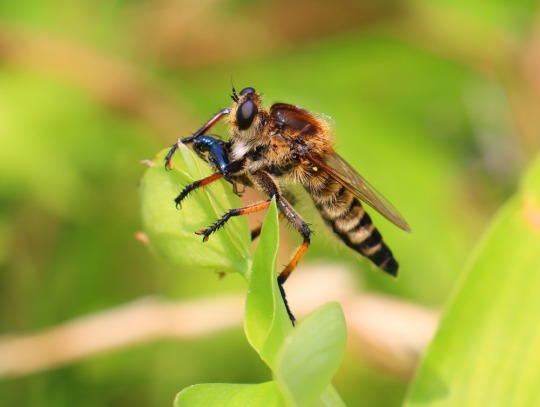
獲物をつかまえたシオヤアブ♀(7月4日)
2 notes
·
View notes
Text

an absolute bastard of a giant robberfly (Promachus bastardii) preying on a honeybee
(Florida, 4/7/21)
#yes thats really its name#flies#diptera#asilidae#bugs#bugblr#insects#entomology#robberfly#promachus#promachus bastardii#honeybee#bees#fly
385 notes
·
View notes


